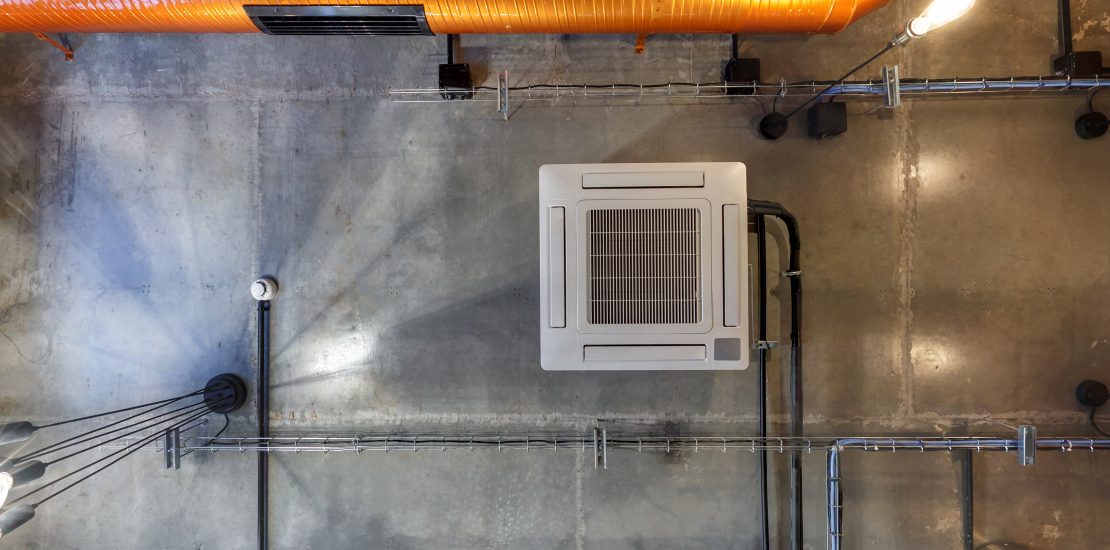- March 14, 2024
- Posted by: kat@chadsmedia.com
- Categories: HVAC, Sustainability

The relationship between industrial HVAC (Heating, Ventilation, and Air Conditioning) systems and sustainability is significant, as HVAC systems in industrial, retail and supermarket settings have a considerable impact on energy consumption, indoor air quality, and environmental sustainability.
Energy Efficiency:
HVAC systems in retail, supermarket and large industrial facilities often consume substantial amounts of energy due to the large spaces they need to heat, cool, and ventilate. Improving the energy efficiency of these systems through technologies such as variable frequency drives (VFDs), energy recovery ventilation (ERV), high-efficiency HVAC equipment, and advanced control systems can significantly reduce energy consumption and greenhouse gas emissions, contributing to sustainability goals by lowering the carbon footprint of your operations.
Regulatory Compliance
Adhering to building codes, energy efficiency standards, environmental regulations, and sustainability certifications (e.g., LEED, ENERGY STAR) is essential for ensuring that industrial HVAC systems meet minimum performance requirements and contribute to sustainability goals.
At RMS Solutions Group, our experience team understands the ins and outs of regulatory compliance and ensuring that your HVAC system meets all requirements.
